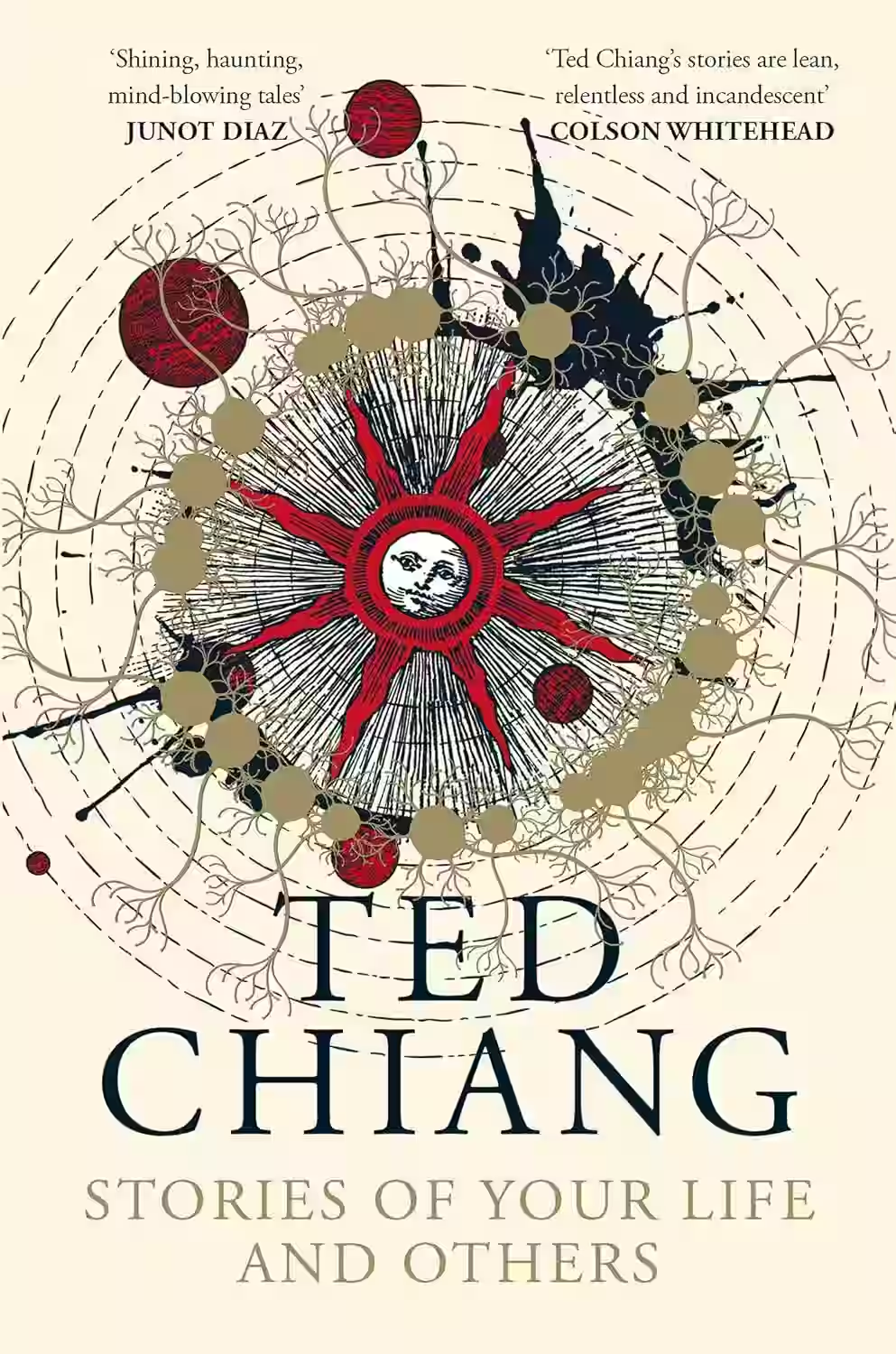
Ted Chiang's Stories of Your Life and Others is a collection of eight thought-provoking science fiction tales that delve into themes of language, time, and human experience. The titular story, "Story of Your Life," explores a linguist's interaction with alien visitors and the nonlinear perception of time, inspiring the film Arrival. Each narrative challenges readers to contemplate philosophical and ethical dilemmas, blending scientific concepts with emotional depth. Chiang's meticulous storytelling invites reflection on the complexities of existence and the boundaries of human understanding.
About Ted Chiang
An American author of science fiction short stories and novellas, celebrated for his meticulously crafted plots, intellectual depth, and philosophical inquiries. His collection, Stories of Your Life and Others (which includes the basis for the film Arrival), explores complex scientific and ethical dilemmas with profound human insight. Chiang's thought-provoking narratives and rigorous approach to speculative fiction have garnered him numerous prestigious awards.
Similar Books
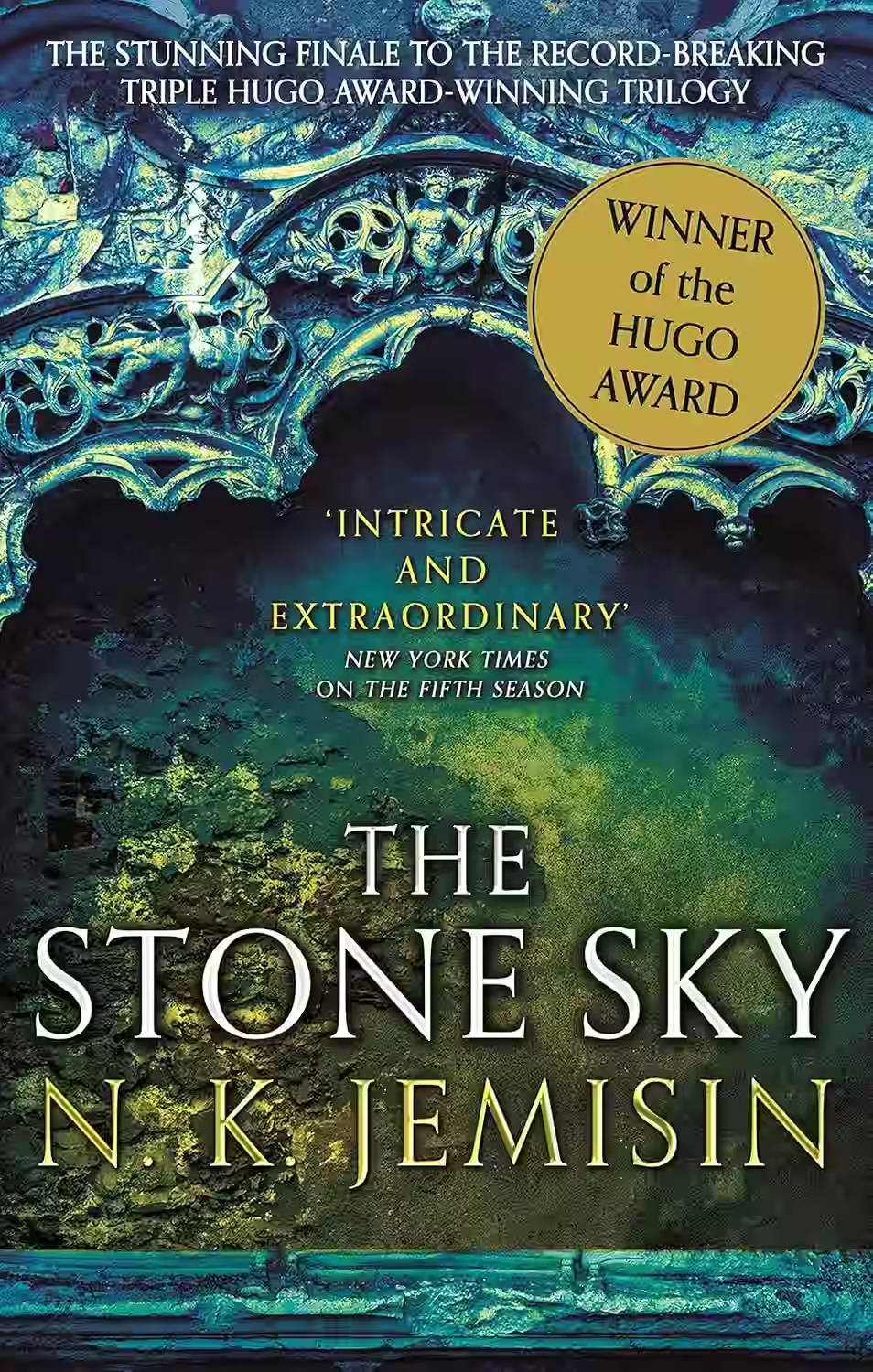
The Stone Sky
Series: The Broken Earth (#3)
The incredible conclusion to the record-breaking triple Hugo award-winning trilogy that began with the The Fifth Season. The Moon will soon return. Whether this heralds the destruction of humankind or something worse will depend on two women. Essun has inherited the phenomenal power of Alabaster Tenring. With it, she hopes to find her daughter Nassun and forge a world in which every outcast child can grow up safe. For Nassun, her mother's mastery of the Obelisk Gate comes too late. She has seen the evil of the world, and accepted what her mother will not admit: that sometimes what is corrupt cannot be cleansed, only destroyed.
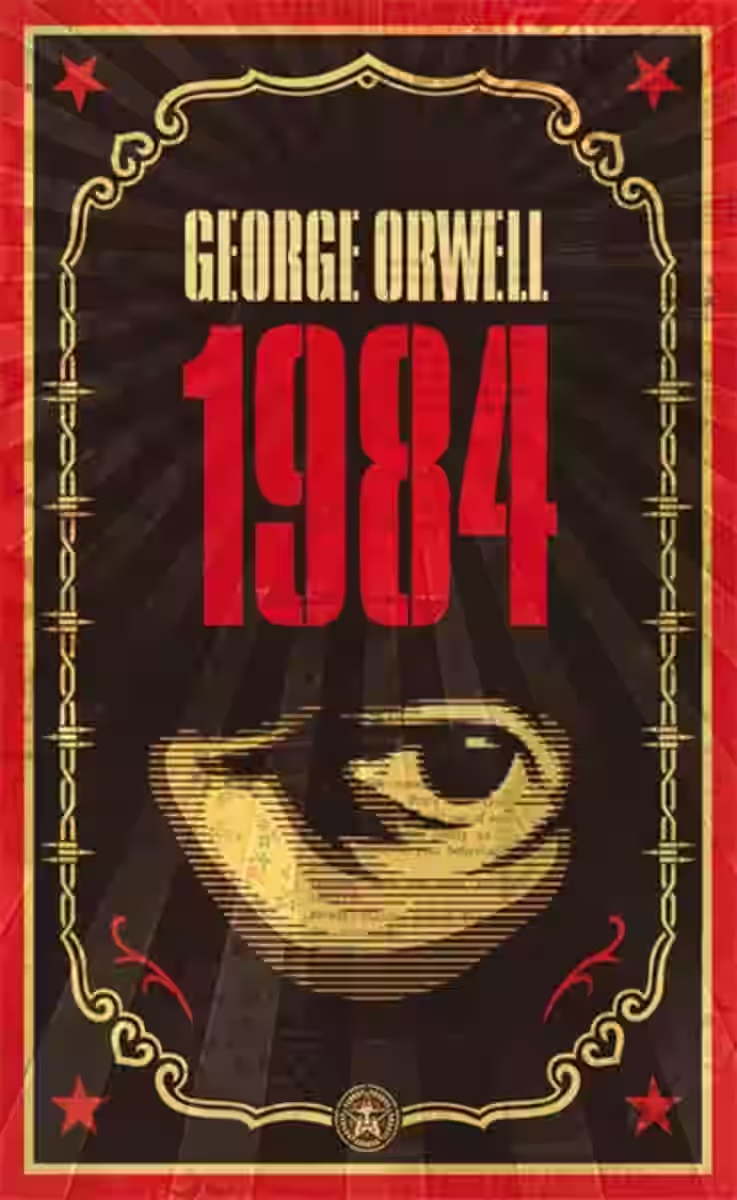
1984
In a totalitarian future Britain, Winston Smith secretly rebels against the omnipresent government that controls reality itself through surveillance, propaganda, and the manipulation of language and history. When he falls in love with Julia, another rebel, their forbidden relationship becomes an act of political rebellion. The novel explores themes of truth, power, and human dignity in a world where independent thought is a crime.
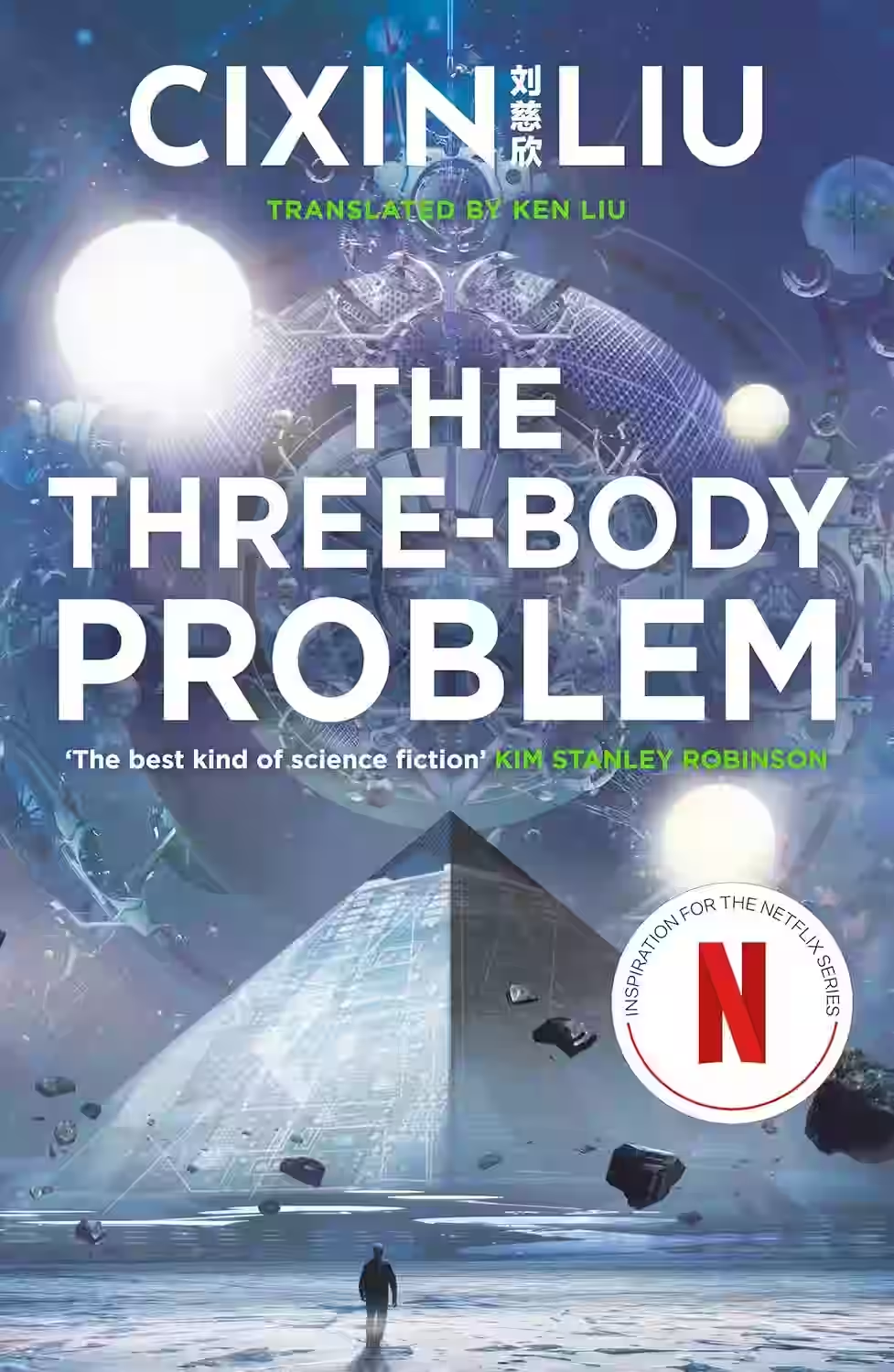
The Three-Body Problem
by Cixin Liu
Series: The Three-Body Problem (#1)
Set against the backdrop of China's Cultural Revolution, a secret military project sends signals into space to establish contact with aliens. An alien civilization on the brink of destruction captures the signal and plans to invade Earth. Meanwhile, on Earth, different camps start forming, planning to either welcome the superior beings and help them take over a world seen as corrupt, or to fight against the invasion.
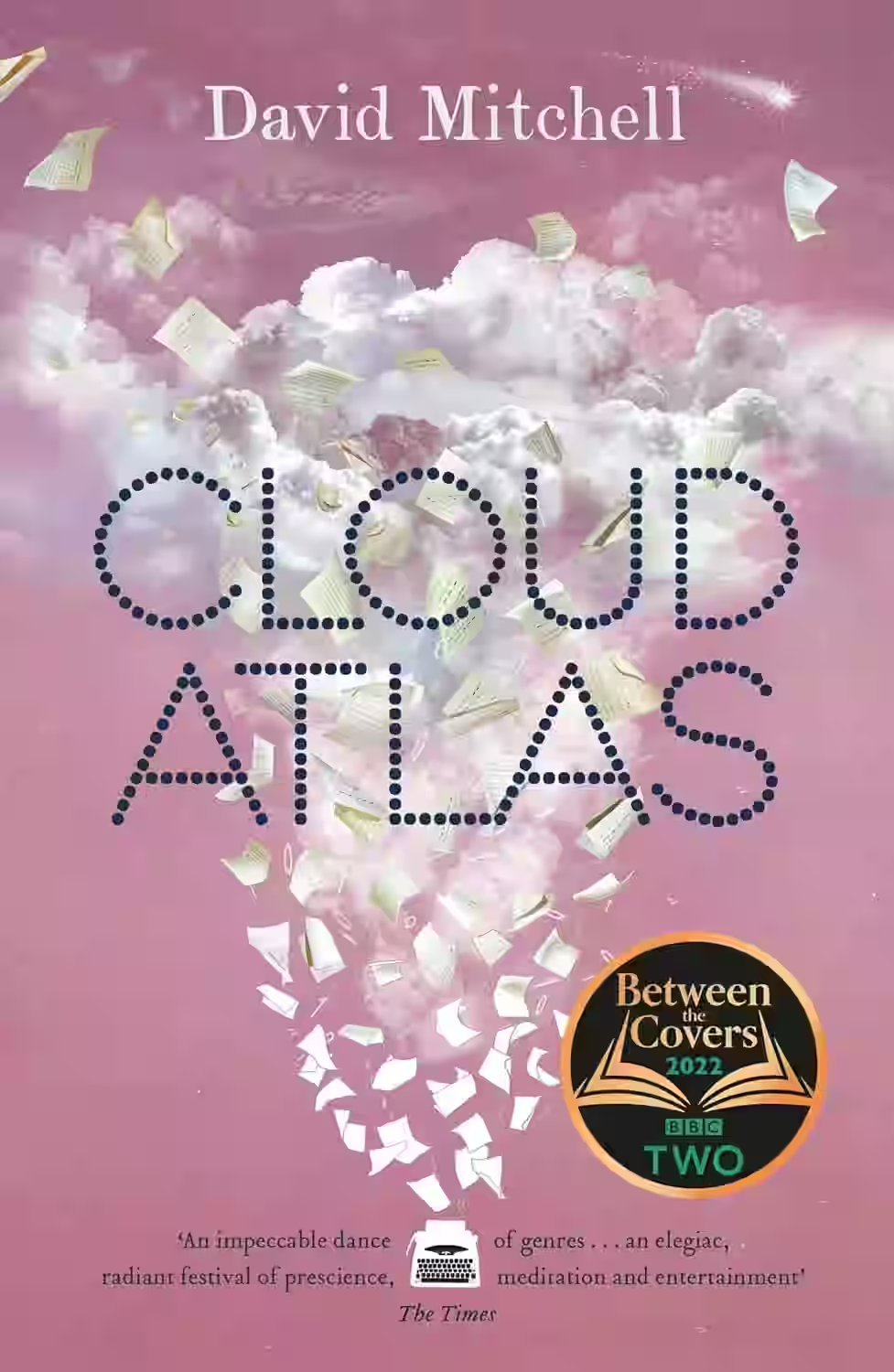
Cloud Atlas
Six nested stories span from the 19th century South Pacific to a post-apocalyptic future, each tale being discovered or experienced by the main character in the next. The novel explores how lives echo through time, examining themes of power, predacity, and the connections that transcend time and space.